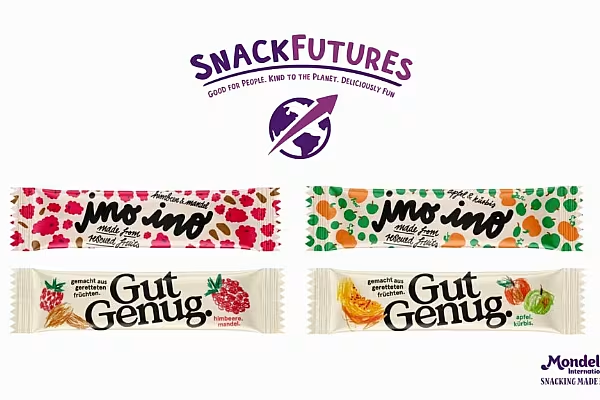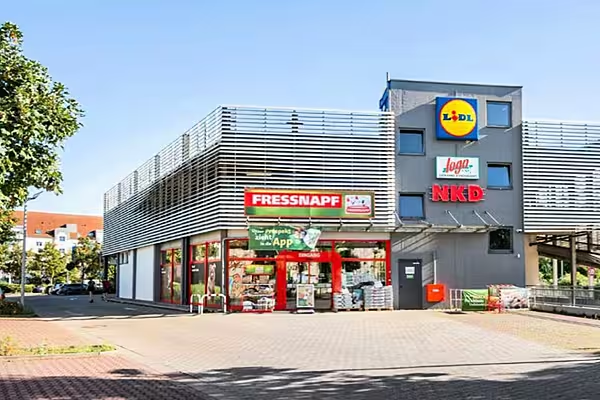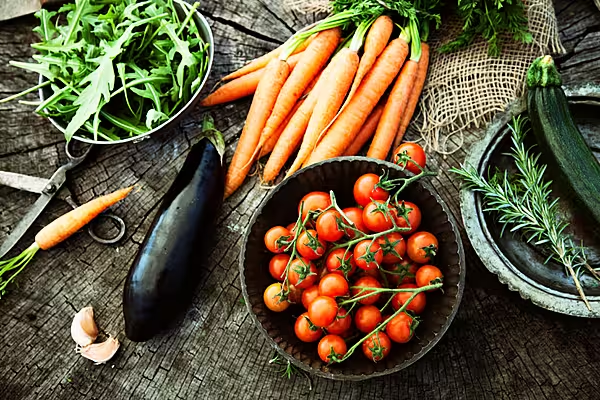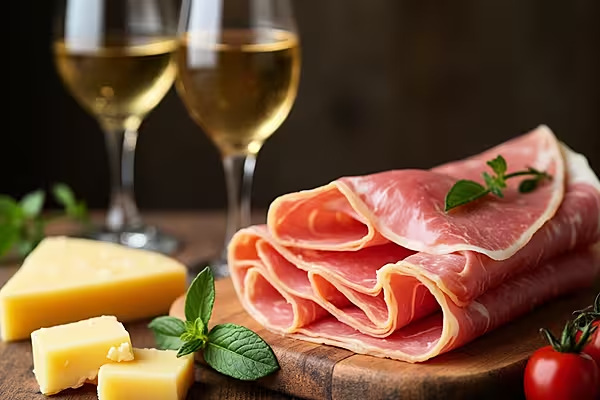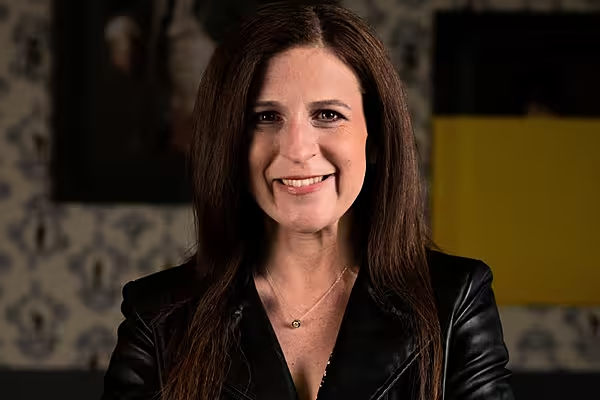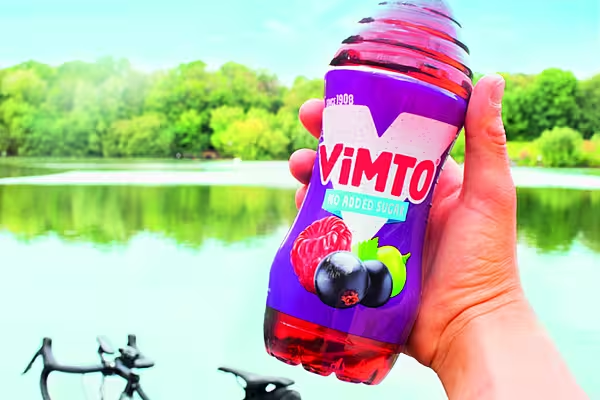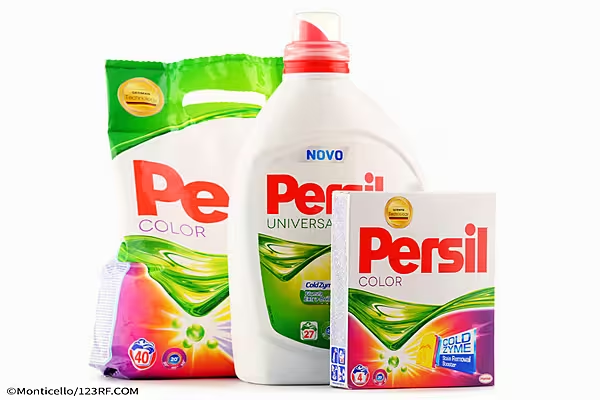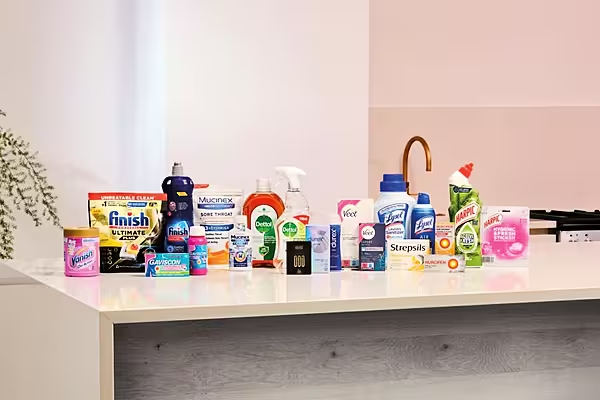Mondelēz International is testing future-oriented snacking solutions developed by its SnackFutures Innovation Hub in German supermarkets.
It includes vegan snack bars made from 'rescued' ingredients and snack balls made from organic raw materials.
SnackFutures aims to develop novel snacking solutions and business models that are outside the core business.
Its mission is in line with Mondelēz International's ambition to offer people the right snack at the right time, made in the right way.
SnackFutures Innovation Hub
Mondelēz International launched the SnackFutures Innovation Hub in Germany in 2020 as it attempted to make good on its promise to "lead the future of snacking."
In the USA, where the SnackFutures programme began in 2018, innovative snacking products - such as CaPao and DirtKitchen - are now on the market for further development and testing.
In Germany, the team is currently piloting different snacking concepts and brands.
For example, prototypes ready for the market are listed on a trial basis in selected German supermarkets, which gives Mondelēz International "the opportunity to validate concepts under real conditions early in the innovation process and to determine a general product-market fit."
Product Tests
Products that the team is now testing include a vegan snack bar made from 'salvaged' ingredients that are left over from the production of fruit juices and almond milk and hearty snack balls made from organic and vegan ingredients to offer an alternative in the field of salty snacks.
As part of these pilot products, different brand and design concepts for the products are also being tested.
The products are given different brand appearances and packaging designs, some of which differ significantly in terms of style, tonality and core messages. It aims to determine which product-design-brand combinations are most popular with which target group.
Commenting on the selection of test methods at SnackFutures, Kai Thornagel, head of SnackFutures Hub Central Europe, said, "For us there is no one methodical approach for the validation of concepts. We always think backwards from the consumer and make hypotheses as to when, how and where the consumers want to find a certain snacking solution.
"The methods must be able to prove or disprove these hypotheses in a real environment. For example, we were also able to validate concepts in the area of personalised nutrition, which included interactive elements, with the help of digital prototypes."
Thornagel added, "In addition to launching our own innovative snacking solutions, we will concentrate more on establishing partnerships with start-ups."
© 2021 European Supermarket Magazine. Article by Conor Farrelly. For more A-Brands news, click here. Click subscribe to sign up to ESM: European Supermarket Magazine.
